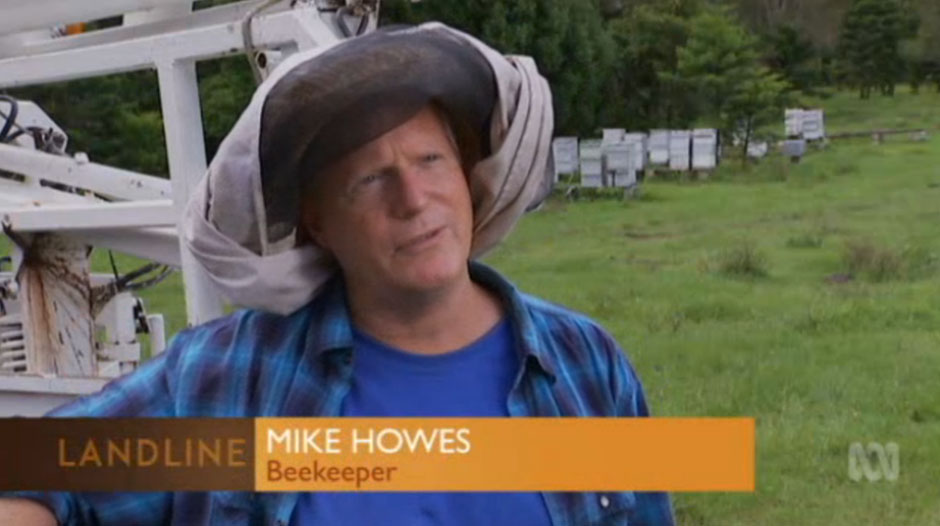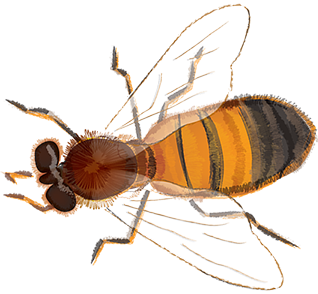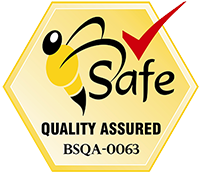Outstanding article on Australia’s Manuka, Active Jellybush Honey on ABC Landline.
Watch it here on Iview and keep a lookout at the 20 minute mark for an interview with our very own Michael Howes.
http://iview.abc.net.au/programs/landline/RA1601Q002S00
Key points:
- New Zealand manuka and Australian jelly bush are species of Leptospermum
- Australian research will test up to 86 different species to identify most potent honey
- Research will also look at healing, anti-inflammatory properties
Below is an article by Sean Murphy:
The joint study by three Australian universities is testing up to 86 different species ofLeptospermum, 10 times more than are found across the Tasman, where the trees are the basis of New Zealand’s burgeoning manuka honey industry.
That country’s biggest honey producer, Comvita, is negotiating with Australia’s top producer, Capilano, to help it keep up with runaway demand for its products.
Comvita chief technical officer Ralf Schlothauer said huge demand in Asia for manuka honey as a culinary product was making it hard for the company to satisfy its $100-million annual market for medical grade honey, bandages and dressings.
“Right now the culinary price on very pure manuka honey is becoming so high it makes it very difficult to make a commercial decision to dedicate that honey to the medical use,” Dr Schlothauer said.
Capilano general manager Ben McKee said even without the Comvita deal, growing demand for manuka honey, traditionally known as jelly bush in Australia, was helping raise the farm gate price for all honey producers.
For a small number of bee keepers already producing manuka honey, the profits are spectacular.
“Bee keepers don’t have to produce a lot of this honey to get a really good financial return,” Mr McKee said.
“If they have access to this it can really turn their business from just running along to a really large business.
“Some of the bee keepers, we’ve paid over $1 million just in one payment because of the amount of manuka honey, so it’s a real game changer for some bee keepers.”
Manuka could help in fight against antibiotic-resistant superbugs
The field research on Australian Leptospermum trees is being conducted by Simon Williams as part of a chemistry doctorate with the Sunshine Coast University.
He said the trees were found in every state but their level of potential antimicrobial activity varied.
“We’re sampling the source, the flower, to determine activity in the trees but it’s still going to come down to mother nature to determine whether or not there’ll be any nectar produced,” Mr Williams said.
“In some states like South Australia and Victoria, it’s a little bit dry so they don’t always have a good flowering year every year.”
University of Technology, Sydney, is leading the Australian research project and according to principal investigator Professor Liz Harry the growing threat of antibiotic-resistant superbugs has put a fresh focus on manuka honey
“While drugs can be very useful at times, honey is a really good topical agent that bacteria don’t become resistant to,” Professor Harry said.
“Over many millions of years of bees making honey it’s the only food that can’t be spoiled, so nature has provided this solution for us that we stopped using because of antibiotics.
“Now that antibiotics are losing their power we need to look at other solutions and I think honey is a fantastic one.”
The Australian study, jointly funded by government and industry, is also investigating a range of other medicinal properties in jelly bush honey.
“Honey also has other properties, like healing properties and anti-inflammatory properties, so what we’re interested in is whether some of these honeys may do better at the anti-inflammatory and other honeys may be better at antibacterial, or perhaps there’s a few honeys that are best at all three of those activities,” Professor Harry said.
Source & Full Article:
http://www.abc.net.au/news/2016-02-06/liquid-goldrush-for-australian-honey-producers/7141896







